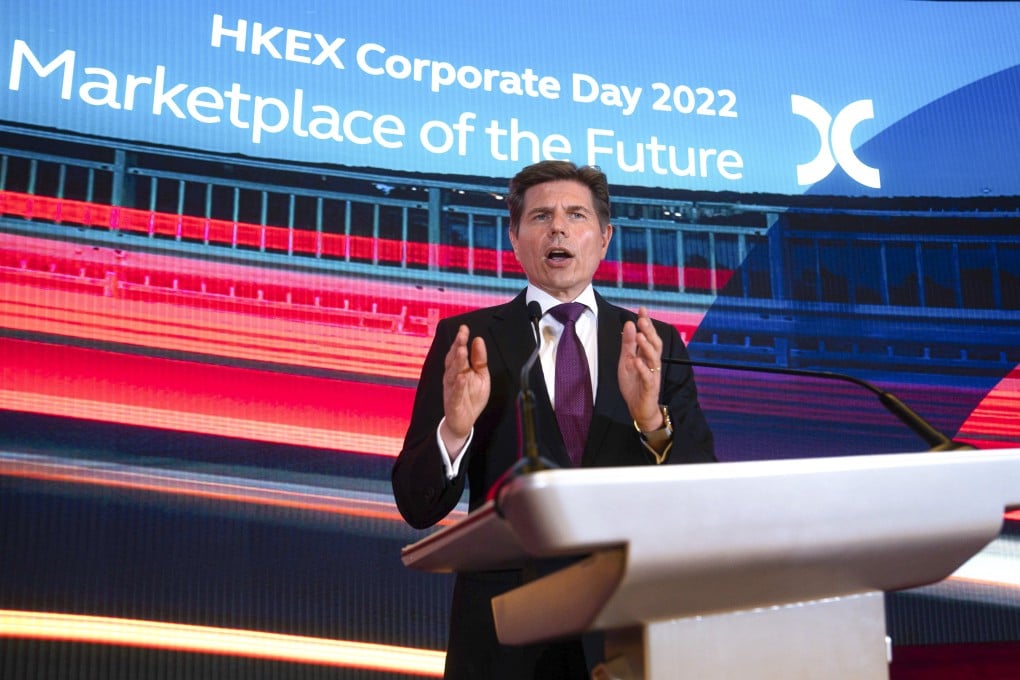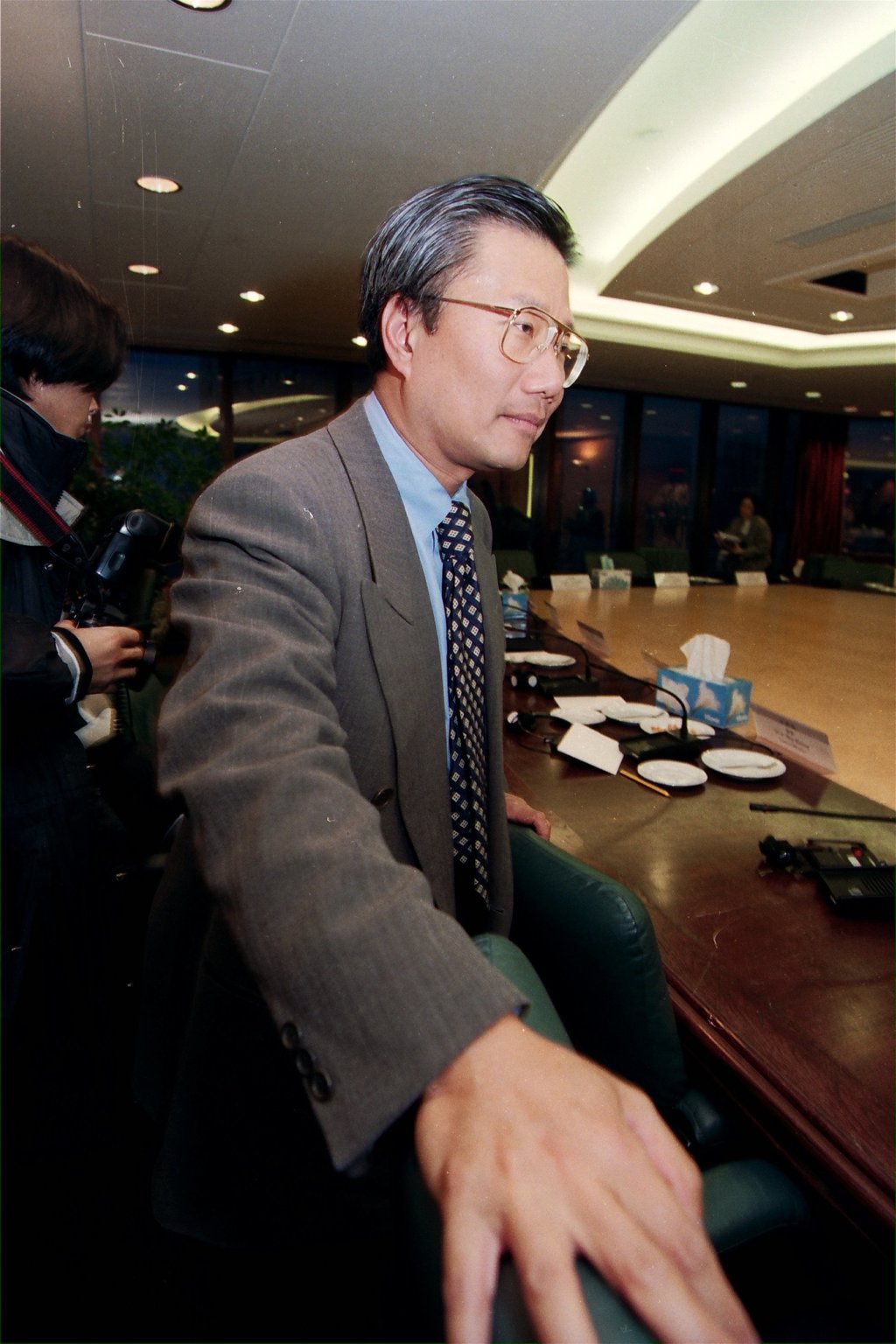Foresight and fortune: Hong Kong stock exchange thrives on 25 years of China-driven success as CEO Aguzin writes the next chapter
- The HKEX has recorded impressive growth since the historic handover, based on nine yardsticks compiled by the Post
- Early market stewards, including former chairman Edgar Cheng, recall key turning points from 1997-2000 that led to its transformation and success

In the 25 years since the handover, Hong Kong has strengthened its role as Asia’s premier financial hub, outgunning regional peers to become the top venue for global stock offerings and the busiest market outside mainland China and Japan.
The value of 2,573 companies listed in the city has grown 12 times to HK$38.9 trillion (US$5 trillion) since 1997, while the average daily stock turnover has multiplied 10 times in the span. In nine yardsticks compiled by the Post, growth has compounded at impressive rates in terms of fresh capital raised and public investor participation.
“Back in 1997, the securities markets globally were implementing new structures and business strategies to enhance their competitiveness,” said Cheng, then chairman of the stock exchange. “We were not doing that as our exchanges were still a membership-based organisation.”

“The reform allowed [Hong Kong] to grow into one of the world’s largest stock and futures markets and a major fundraising hub for both the mainland and Hong Kong companies,” Cheng said in an interview with the Post. “Much beyond everybody’s expectations.”